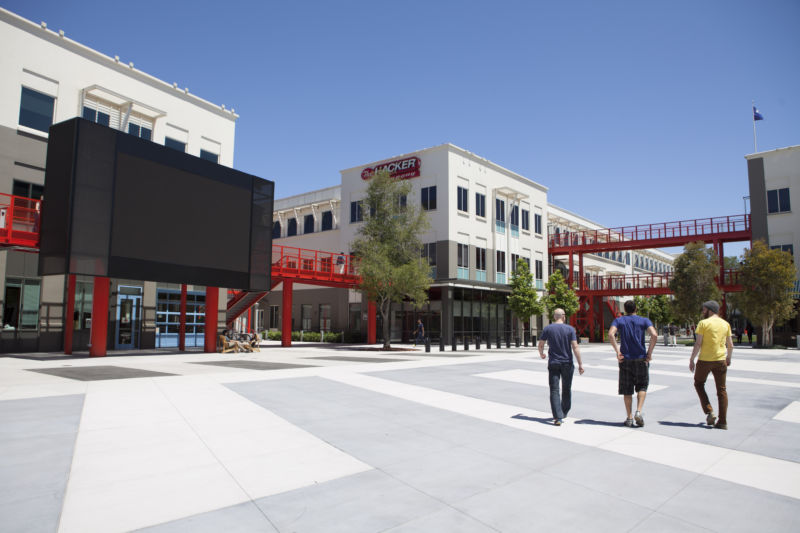
Facebook has agreed to give a hotshot Stanford economist unprecedented access to its internal data as a way to better understand income disparity in the United States.
According to Politico, which first broke the news on Tuesday morning, the investigation will be led by Raj Chetty, who won a 2012 MacArthur Genius grant and is well-known for his analysis of America’s social and economic problems. Facebook did not immediately respond to Ars’ request for comment, but the company "confirmed the broad contours of its partnership with Chetty" to Politico.
"We're using social networks, and measuring interactions there, to understand the role of social capital much better than we've been able to," Chetty told the political news site in January.
It is not clear exactly what data Facebook has made available to Chetty and his researchers or how personal and private information would be protected. The study has apparently been already underway for at least six months, however.
Politico cited "a Stanford University source familiar with Chetty's study," who said that the data "has been stripped of any details that could be used to identify users," adding that researchers had gone through "security screenings that include background checks and can access the Facebook data only in secure facilities."
The research comes at a time when economic disparity in America is the highest it has ever been over the last half-century: just 1 percent of Americans now own 40 percent of the wealth.
The effects of these riches are particularly pronounced in California, where homelessness is on the rise. Many large cities, including San Francisco, Oakland, San Jose, and Los Angeles, among others, are experiencing higher homeless populations than in recent memory.
Last month, the United Nations special rapporteur on adequate housing, Leilani Farha, toured homeless encampments in California, where she told a reporter from The Guardian: "There’s a cruelty here that I don’t think I’ve seen."
The problem is noticeable even on Facebook’s own doorstep, where as of March 2017, at least several people camp along the shore of the San Francisco Bay, within a short walk from company headquarters at 1 Hacker Way in Menlo Park.
reader comments
227